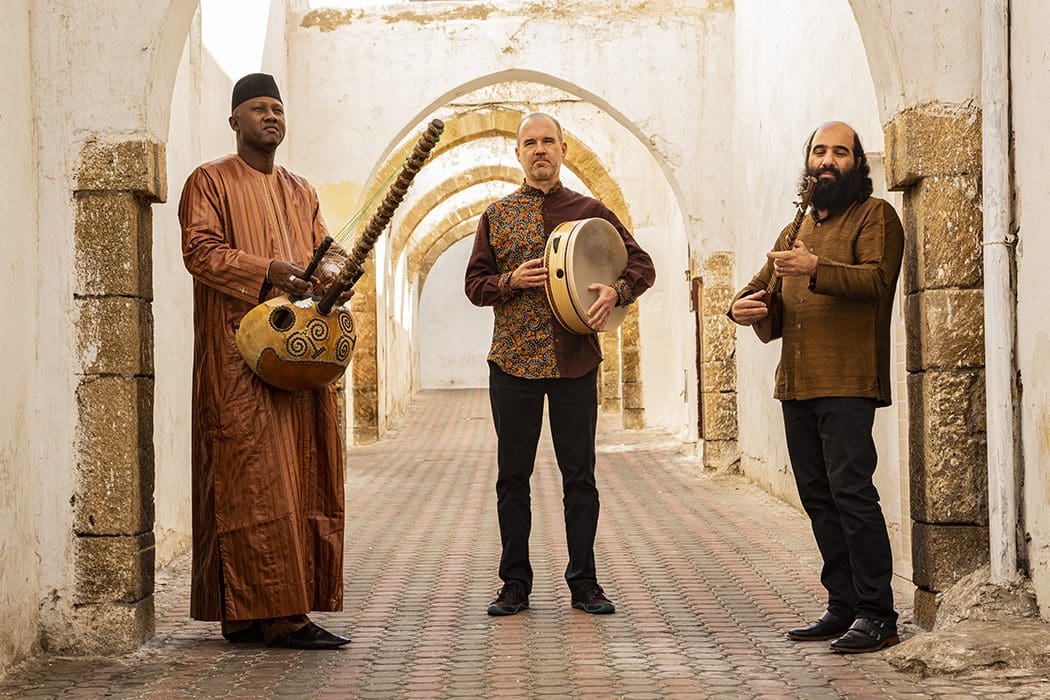Mania is the state of ecstasy, of joy and madness, that a musician needs to get closer to the ineffable, the invisible Other. Freedom from what is known and remembered to recreate the now.
A longing to leave the beaten path.
A longing to face the unknown, the unexpected, chance.
A longing to feel free and unindebted.
A longing to be free of what you know and what you remember – and to recreate every passing moment.
A longing to see the world clearly, even if briefly.
In Persian music, the musician improvises by moving freely across different modes (dastgâh) and melodic types (gusheh), using pre-existing melodies and rhythms, which may be either simple or complex. This is improvisation on a firm basis of established musical tradition. The musician stays within the known world of Persian music, which has an existence quite apart from the musician.
In Mania, the musician is face to face with the unknown. Here the musician is literally playing with sounds at every moment and over time. The music that emerges can be unpredictable and, in this case, extraordinary in both form and content. The instruments and the language of these instruments lend the music a recognizably Persian flavor, but it is far from what is known as classical Persian music. Let’s simply call it music.

